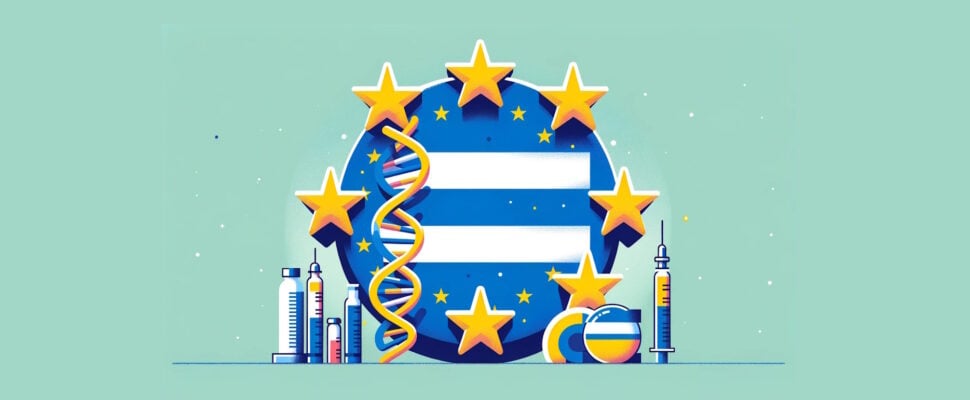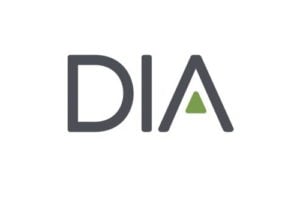Writing in the March 2024 edition of the DIA Global Forum magazine, experts from Moderna, Cencora PharmaLex, CureVac, and BioNTech review the scientific potential and regulatory challenges, such as the lack of global harmonization, surrounding gene therapy-based medicinal products.
More recently, fundamentally different approaches have been developed, including CRISPR/Cas9 or mRNA technologies. The evolution of GT for such biologically distinct technical approaches requires the evolution of a regulatory framework that promotes innovation, enhances confidence in new technologies, and minimizes the potential for misunderstanding—all for the benefit of patients.
Gene Therapy: Definitions and Regulatory Challenges
Despite the promise of GT, the regulatory framework is fraught with complexity. A major impediment is the absence of global harmonization of regulatory requirements and definitions. GT is subject to disparate classifications worldwide. In the EU, under current legislation GTMP is precisely delineated as the application of recombinant nucleic acid for the purpose of regulation, repair, replacement, addition, or deletion of a genetic sequence. In contrast, the US FDA offers a broader categorization of GT products, encompassing all products that mediate their effects through the transcription or translation of transferred genetic material or by specifically modifying host (human) genetic sequences. In Japan, the Pharmaceuticals and Medical Devices Agency (PMDA) groups GTMPs under the more inclusive label of “regenerative medicine product,” which includes products “containing genes to be expressed.” Moreover, current definitions often do not directly address novel technologies, leading to ambiguous interpretations and classifications even as innovation progresses.
In April 2023, the European Commission (EC) proposed a new pharmaceutical legislation safeguarding public health within the EU. A pivotal amendment under Article 4 (point 29) of the new directive involves redefining the term GTMP to incorporate genome editing techniques and synthetic nucleic acids, which were previously categorized under chemical medicinal products (MPs).



